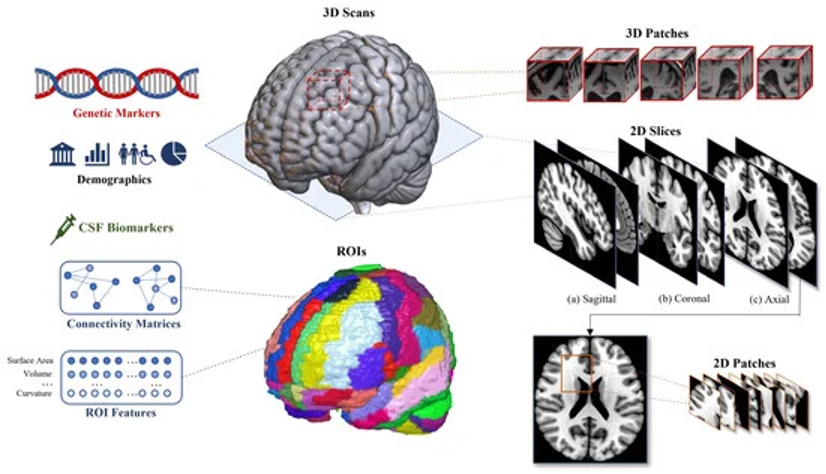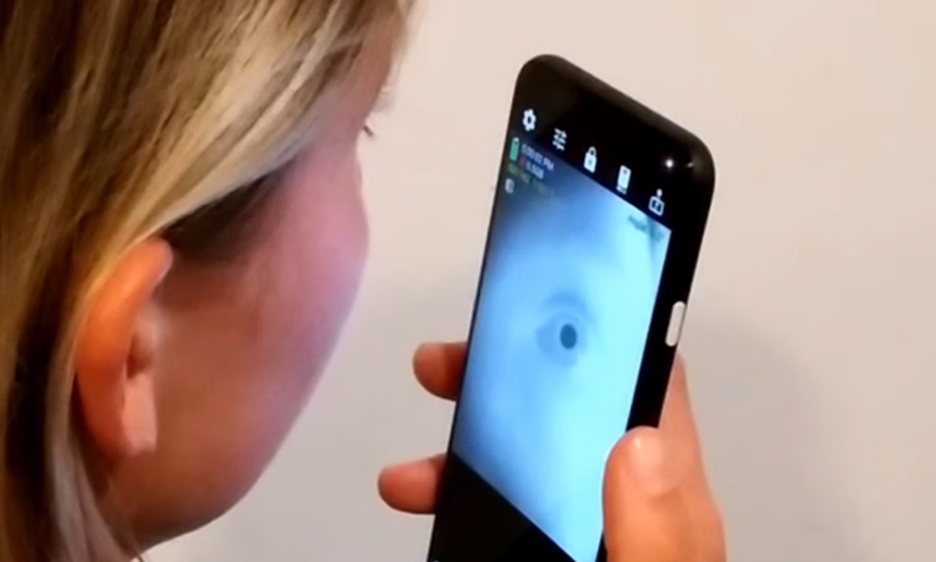
Revolutionizing Alzheimer's Detection with Phone AI: A Game-Changer in Healthcare
In the kingdom of healthcare and technology, few innovations hold as much promise and potential as the fusion of artificial intelligence and mobile phones. One of the most exciting developments in this synergy is the use of phone-based AI to detect Alzheimer's disease. Alzheimer's disease is a progressive neurodegenerative disorder that affects millions of people worldwide, particularly in older age. It impairs memory, cognition, and behavior, gradually robbing individuals of their ability to function independently. Early diagnosis of Alzheimer's is essential for effective management and intervention. Until recently, diagnosis relied heavily on clinical assessments, which often detected the disease only in its advanced stages.

The Power of Phone AI:
Researchers and tech companies have harnessed this potential to create innovative tools for detecting Alzheimer's disease.1.Cognitive Assessments:
Phone AI can administer cognitive tests through apps that evaluate memory, attention, and problem-solving skills. These tests can be taken in the comfort of one's home and provide valuable insights into cognitive decline, helping detect Alzheimer's at an early stage.2.Speech and Language Analysis:
Alzheimer's often manifests through changes in speech patterns and language. Phone AI can analyze speech recordings for subtle linguistic changes that may indicate cognitive decline. This non-invasive method can be a game-changer in early detection.3.Data Integration:
Smartphone AI can collect and integrate data from various sources, such as GPS location, app usage patterns, and biometric data. By analyzing these patterns over time, AI can identify anomalies that may signal the onset of Alzheimer's.
Benefits of Phone AI for Alzheimer's Detection:
The adoption of phone AI for Alzheimer's detection offers numerous benefits:1.Early Detection:
Early diagnosis allows for timely interventions, which can slow down the progression of the disease and improve the quality of life for individuals with Alzheimer's..2.Continuous Monitoring:
Smartphone AI allows for continuous monitoring of cognitive health, enabling healthcare providers to track changes over time and tailor treatments accordingly.3.Research Advancements:
The data collected through phone AI can also contribute to Alzheimer's research, potentially leading to breakthroughs in understanding the disease and developing new treatments.
